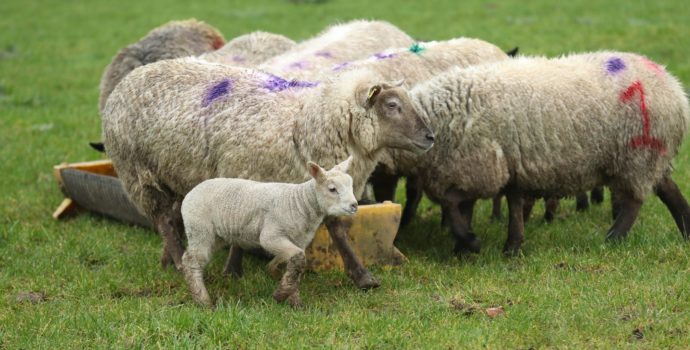New Rates for Tb Compensation Scheme Secured by IFA Come into Effect from May 1st

IFA Animal Health Chairman Bert Stewart said the Department of Agriculture has confirmed the changes secured by IFA to the TB compensation scheme earlier this year will come into effect from May 1st.
He said the new rates and qualifying criteria are a significant step forward in reducing the financial loss experienced by farmers and are welcome.
The IFA Chairman said the changes secured to the income supplement scheme include an increase to the rate of payment for dairy cows from €25.39/cow/month to €55, the removal of the 100 animal ceiling and a reduction in the qualifying criteria from having to lose 10% of the total herd to 10% of the dairy cows on the farm to become eligible for the payments.
Farmers currently in receipt of income supplement payments will receive the higher rate for all the animals they have lost in their May and subsequent payments.
The reduction to the eligibility criteria from May 1st means farmers who were not previously eligible because of the higher threshold and are still restricted will now be eligible for income supplement payments from May 1st where 10% of the milking herd have been lost.
The depopulation grant rates for suckler cows have been increased by 19%, bringing them into line with the income supplement rate of €38/month/cow and will also come into effect on the 1st May. This addresses some of the shortcomings in the current programme for suckler farmers who have their entire herd removed as TB reactors.
Changes to the ceilings for the live valuation scheme will also come into effect from May 1st. These include an increase to the ceilings on payments from €2,800 for a bovine to €3,000 and from €3,500 to €4,000 for a stock bull and €5,000 for a pedigree bull.
The reduction to the EBI top-up co-efficient for dairy cows from €1.35 to €0.50/unit EBI will not be implemented until the 16th May at the earliest when payments under the new arrangements will be issued. IFA has secured a commitment from the Department that the coefficient will be increased to reflect the reduced EBI indices when they come into effect later this year.
The Hardship Grant is payable only over the winter months and under the new rules dairy farmers will be eligible for receipt of payments a move Bert Stewart said that acknowledges for the first time the enormous cost burden associated with calves restricted on dairy holdings however it must be built on in recognition of the full extent of costs involved.
Bert Stewart said IFA had sought fundamental changes to the TB programme for a period of time in order to reduce the enormous cost burden of the disease for farmers and these amendments represent a positive first step in addressing some of the difficulties.




